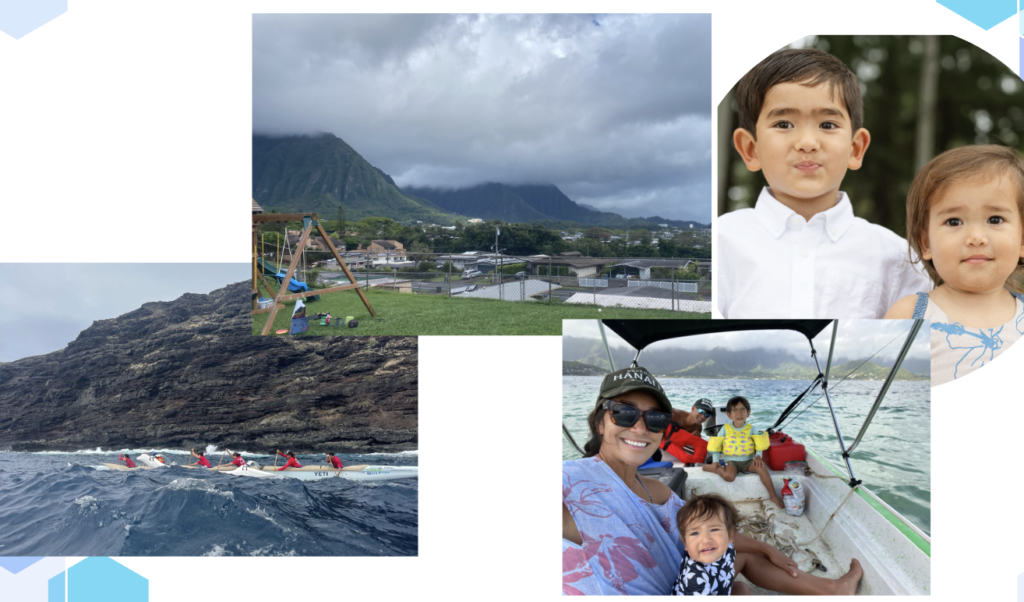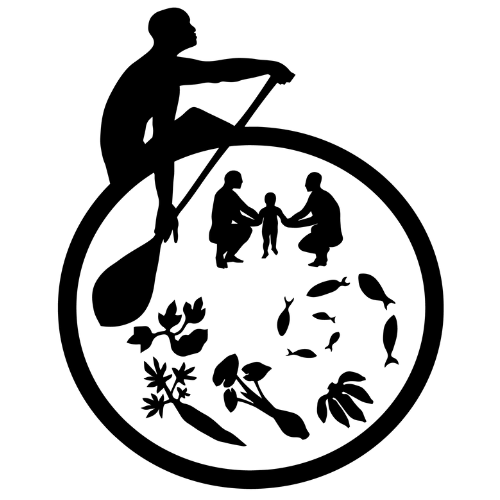Written by Hannah Shai

It has been about 12 years since Dr. Monica Esquivel first embarked as a CHL trainee and began her journey towards earning a PhD in Nutritional Sciences. We recently interviewed her about her experiences, how CHL has influenced her current roles, and reflections on the long-term goals she set out for herself. We also specifically discussed her responses in the original CHL trainee feature posted on the CHL website.
Dr. Esquivel’s initial reactions to the trainee feature that she responded to was that most of it still holds true today and not much has drastically changed. Probably the most notable (and wonderful) change is the addition of her two children, who have shaped her typical day much differently than 12 years ago.
Her goals remain the same, which is to help communities and community organizations. She reminds herself that she should return to what she wrote as a reminder of the reasons for the work she does. Since participating in CHL and graduating, her skills and capacity have evolved and developed, which has changed the ways in which she works with communities. Today, you may not find her in the community working directly with them, but you will find many of her students doing what she did 10 years ago. She notes that the curriculum has evolved since she was a student, with more opportunities today for classroom and community connections. Overall, the desire to do community-based work has always been central to Dr. E’s goals and she continues to foster that among her students.
The most important CHL experience that has helped to shape her career and current roles is direct involvement with the community. She strongly believes that the solutions to issues that communities face are found within the community because they already know what to do. It was impactful to have firsthand experience, which changed the way she approached problem solving. In order to address community-based problems, solutions need to be community-based and seek out the people who are impacted. Almost 90% of the time, answers and solutions are from the community, which are supported by the literature.
Dr. Esquivel also reflects on the networks and colleagues that she works with today, who are affiliated with or have been working with CHL as well. She still works with her CHL advisors and others within the current CHL Food Systems work, such as Dr. Rachel Novotny and Dr. Marie Revilla. In addition, she also currently partners with Dr. Tanisha Aflague at the University of Guam, who was also a CHL trainee, on a breast cancer survivor project focused on lifestyle approaches. Overall, she has maintained connections and still works directly with CHL and others across the pacific region. Lastly, she gives advice to current trainees in thinking about their current and future work. It is important to write down your goals and describe how you hope to impact your community. Revisit it often and to think deeply about what your goals mean to you. Do check-ins when you have to make decisions or when you feel unsure. Ask yourself if it aligns with your values and if it is a step in the direction of the goals you set. Take advantage of activities in CHL and elsewhere while in school. Most importantly, visit and spend time in the community you hope to serve. It will greatly shape your perspective and approaches
